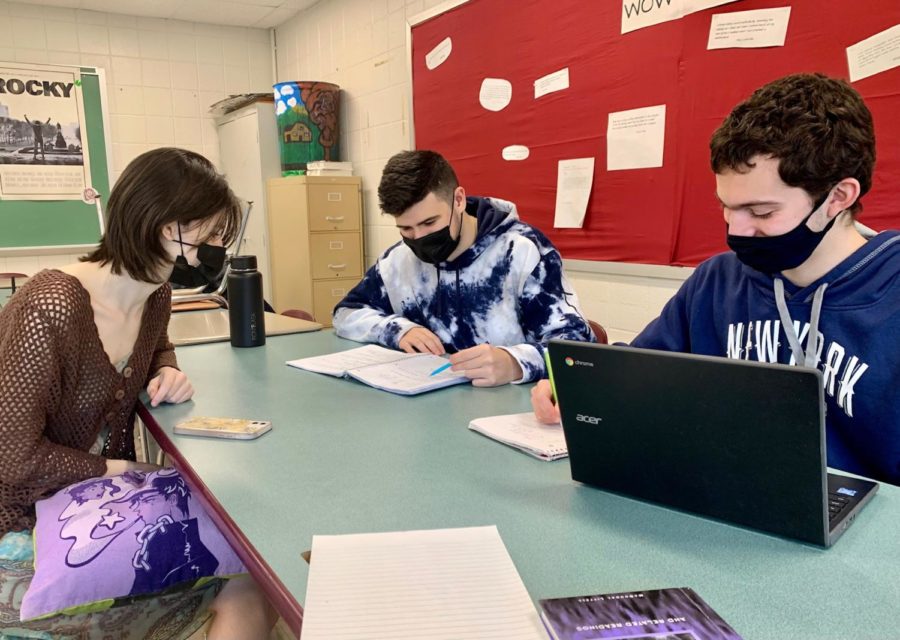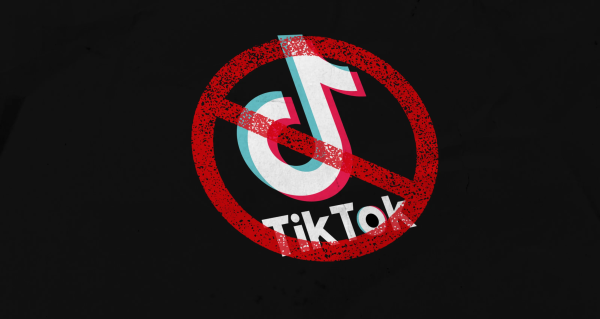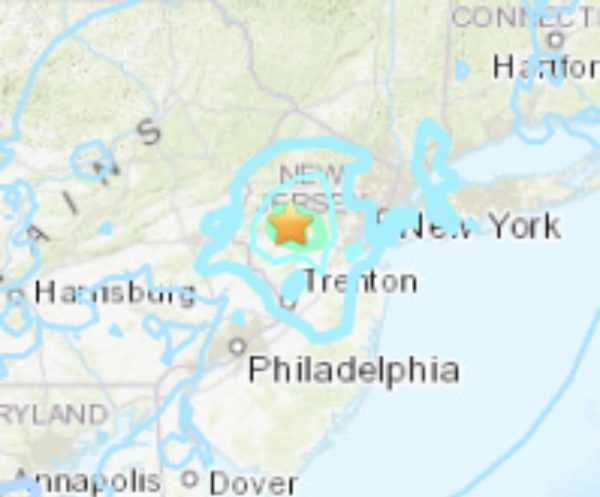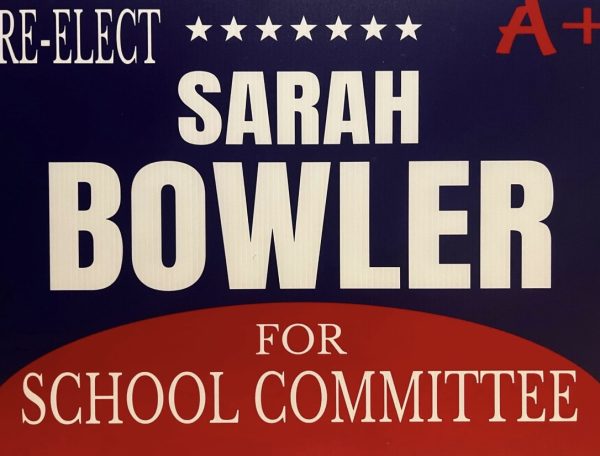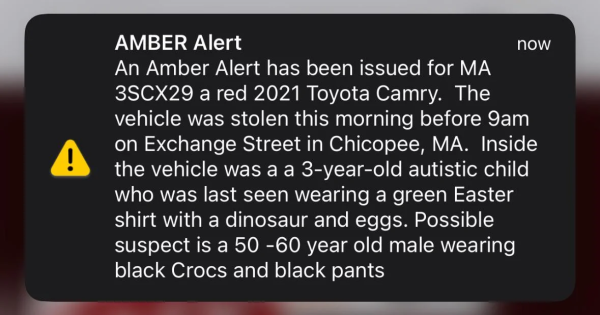School community responds to statewide lifting of mask mandate
Seniors Mackenzie Murphy, Ryan Colson, and Leo Laguerre may be able to shed their masks in class on Feb. 28
February 18, 2022
Mandating masks for young people has been a controversial — and often contentious — issue for well over a year now. However, due to lower COVID infections, higher vaccination rates, and concern for students’ mental health, many states are lifting mandates. Massachusetts Department of Elementary and Secondary Education Commissioner Jeffery C. Riley recently announced that the mandate will be lifted for all public schools on Feb. 28.
However, local school committees can still enforce a mandate. The Ludlow School Committee will decide on Feb. 22.
Students and faculty at Ludlow High School have mixed opinions, with some citing evidence that the masks impede communication and are negatively affecting mental health, while others claiming that COVID is still a risk and the school should still require face coverings.
Are Masks Necessary?
When deciding whether or not to mask up, the question comes down to whether the challenges associated with wearing masks outweigh the risk of getting COVID.
“I’ve been against this mandate from the very beginning for many reasons,” said junior Alex Nicoll, an outspoken critic of COVID-related mandates, “including the low risk of death. Many studies concluded that children… [have] a much higher chance of survival.”
Studies show the chances of a child dying from COVID are less than 0,03%. Motor vehicle accidents, firearms, drowning, heart disease, and the flu are all greater risks.
Others have noted how contradictory it seems to mandate masks when students in the cafeteria are shoulder-to-shoulder for well over 15 minutes per day.
“Masks only work when they are worn appropriately or they are untouched. Probably 70% of the student body is wearing a mask below their nose or touching it all day,” said English teacher Michelle Masse.
Part of the controversy surrounding masks is just how inconsistent mandates have been, along with contradictory evidence on the efficacy of cloth masks, particularly with the Omicron variant. Several teachers at Ludlow High School who have worn their masks diligently still contracted COVID.
Masse said, “It is nonsensical to require masks in a school when everyone in the school is socializing outside of school without a mask. People are eating at restaurants maskless, going on vacations maskless, going to gyms maskless, and clearly, going to the Super Bowl with tens of thousands of people maskless. It is hypocrisy at its finest and I hate hypocrisy.”
Mental Health and Masking
Depression, anxiety, and substance abuse have all risen since the pandemic and part of this could be due to face coverings.
“I believe masks are not good for the mental health of students and teachers,” said Masse. “Students have become far too comfortable hiding behind their masks. In high school, people start to become more comfortable with their appearance and who they are as people. High school is a time to be social and pick up proper social cues. Many social cues come from facial expressions and students haven’t regularly seen facial expressions in two years. Students need to embrace who they are and be proud, not hide their unique faces behind a piece of cloth.”
Indeed, many students reported to the Cub staffers that they would still wear a mask because they just want to hide their faces at times.
Student Reaction
According to a Cub poll, at the time of publication, if the mandate is lifted 45% of students will not wear a mask, while 28% will. The remaining 27% said “sometimes.”
“I’m probably going to wear a mask for the first couple of days or so to feel it out, and then I would make my decision based on that,“ said senior Aaron Picard. “It may also depend on the time of day. For example, if I’m in a crowded hallway I would wear it, but if I’m in a classroom with a few people, I more than likely would not.”
The freshman class president, Jack Favata, will follow. “It depends on if others are wearing them or not. Possibly in the hallways or certain situations, but I most likely won’t.”
Other students cite physical discomfort from wearing a mask. “The mask gives me pimples and makes me sweat,” said junior Luke Afonso, who added that he is tired of wearing them for the past two years.
Many educators cite the challenges mask-wearing presents to teaching in the classroom.
History Teacher Marty Fanning acknowledges that “Masks affect our education… I get winded at the end of the day. I think it’s even more harmful for the younger ages…. You don’t understand if kids get something or don’t get something. They’re a muffler to conversation.”
Author Dr. Matt Walker says, “Accurately reading expressions and emotions of faces is a prerequisite for being a functional human being…. Facial expressions represent one of the most important signals in our environment. They communicate the emotional state and intent of an individual, and, if we interpret them correctly, influence our behavior in return.”
These sentiments were expressed in Walker’s book Why We Sleep, and were not related to masks. However, few would argue that masks don’t inhibit the reading of facial expressions.
English teacher Christopher Rea said, “I am ready to move forward. It would be good to advance my job as an educator and connect with my students.”
Masks are still a safe option
According to healthline.com, wearing a N95 mask can protect you even if others are maskless. “Simply wearing a medical-grade mask around others, even if they are unmasked, helps protect you from developing COVID-19. ‘If you are at an event wearing an N95 or KN95 mask, you have approximately 2 and a half hours of protection if someone surrounding you has COVID-19 and is not masked, said [Dr. Eric Ascher, family medicine physician at Lenox Hill Hospital] ‘You have approximately 30 minutes if you are wearing a surgical mask and no one else is masked.’”
Some students and faculty members at Ludlow High School plan to follow Healthline’s masking suggestions.
“My wife is currently pregnant, so if I caught COVID, I wouldn’t be able to be in the delivery room with her,” says math teacher Jason Camp, adding that there are other reasons as well. “My aunt is high-risk, so I would still be wearing a mask if I’d want to be able to visit her. If this wasn’t the case and I didn’t have high-risk people around me, I probably wouldn’t be wearing a mask. It’s a personal choice, and it depends on the individual as to whether they continue wearing masks or not.”
Some teachers are at higher risk than others. With the health issues COVID provides, masking is one of the only things left protecting those at risk. It’s for this reason math teacher Richard Oliveira said he plans to continue wearing a mask. “I’m 73 and I lost several of my classmates to COVID this past year…. I had a double bypass heart operation and I’m taking medication to prevent congestive heart failure,” he said.
History teacher Brian Mulvehill said, “I am still wearing my mask,” adding that “the pandemic isn’t over and it’s what I’m most comfortable with.”
“There are still students in this school who are high-risk for COVID, and even more students who live with families who are high-risk. COVID isn’t a joke, it’s not just a cold. I’m still having difficulties breathing, and catching up in school after having COVID. I’m going to wear my mask to protect the people around me, and because LHS doesn’t have a high enough vaccination rate to warrant me feeling comfortable maskless,” said junior Victoria Surreria.
Mask Bullying
Most respondents have noted that it is a personal choice and nobody should be judged either way. Health risks, homelife, and tolerance for risk all play a role.
Fanning agrees: “I think it’s time to start loosening restrictions…. But let’s not be mask bullies. If someone’s wearing a mask, they’re wearing a mask for their own reason. They may be living with a grandparent with a compromised immune system or they themselves may have a compromised immune system.”
Despite his outspoken criticism of the mandate, junior Alex Nicoll said, “I have always said that if students want to wear masks they can and I won’t judge them for that, but students should have the choice whether they want to wear masks or not.”
With this evidence, it appears that a balance can be reached. A common refrain among many people is “it’s time to move on.”
“With Massachusetts a national leader in vaccinating kids, combined with our robust testing programs, it is time to lift the mask mandate in schools and give students and staff a sense of normalcy after dealing with enormous challenges over the past two years,” said Governor Charlie Baker in a press conference. “We have all the tools to keep schools safe as we move into dealing with the next phase of managing COVID.”


